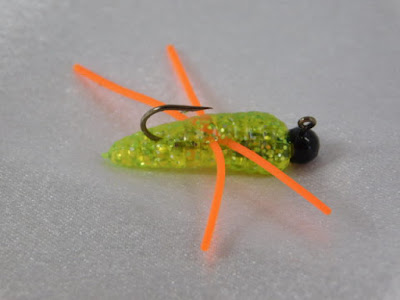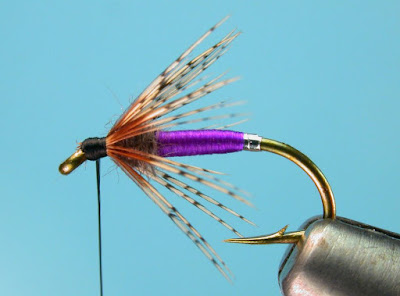Texas Fishing Lodge-Try Hands on the Fish Bluegill Bugs on the Fly Rod for Traditional Summer Dribbles
There are a few certain things
that appear to finish up in the fishing tackle box of each fish angler in spite
of the way that they will most likely never get utilized. There's a huge
red-and-white Dardevle which is useful for the pike that little you neglected
to acknowledge didn't exist in your home lake nearby the best Texas
fishing lodge.
There's a pack of purple plastic
worms that are longer than any fish you'd at any point gotten in your short
life. And after that there's a variety of multihued foam bluegill popper flies.
Mostly fish anglers have no less than twelve at that age, despite the fact that
they were just a few years away from owning their first fly fishing rod.
Never in those early days would anglers
have done without a garden worm to angle them on their fishing
vacations in Texas. It was just a beautiful gathering. A long time later,
in the wake of acing the fundamentals of fly casting, I discovered that
bluegill poppers are the quickest method to discover the angler in you while
sharpening your fishing abilities. No bobbers or worms required.
All you require is a pocket
loaded with bugs, a ranch lake and a couple of introduction tricks for quite a
long time of summer fun.
Know More On Fish
Bluegill Bugs on the Fly Rod for Traditional Summer Dribbles:
- Take the Bugs All Out: Bluegill poppers may be the duplicates of the heftier poppers made for trophy bass and pike, yet they speak to a totally unique nourishment source. Though the greater flies should emulate a frog chugging over the surface or a mouse swimming along the bank, their small scale cousins are prevalently coordinating bugs, and bugs just don't move with indistinguishable direness from a blew a gasket land and water proficient or waterlogged rat. Think about the fly of a bluegill bug as a snappy allurement. That inconspicuous sputter alarms fish to its essence, however it's regularly amid a long respite that the popper really gets sucked under. The elastic legs and passion on these modest flies make profiles in the surface film like those of great trout dry flies, and you should angle them likewise by not exhausting a bluegill popper and giving it a lot of time to simply sit still between light pops. If still in splits about these bugs then, ask for expert fishing guides at your Texas fishing lodge to help you with that.
- Break New Ground: Just because a bluegill popper is little doesn't mean it's absolved from the air-obstruction issues you get with bigger poppers. Angling them on a 2-or 3-weight rod may entice, however a 4-or 5-weight will give smoother conveyance. Prance light 5X and 6X pioneers too. Anglers usually lean toward throwing bluegill bugs on a 9-foot 3X monofilament pioneer with a 3X mono tippet on their Texas fishing vacations. This line measurement is sufficiently thin that it as a rule won't kill the fish, and it likewise goes about as an insurance policy when an intermittent huge bass makes a go.
- Take the Plunge: On the uncommon event that those wily sunnies and crappies would prefer not to focus on your miniaturized scale popper, achievement is only a dropper take off. Since bluegill poppers are so light, you can't utilize them in mix with a substantial wet fly, so pick shrewdly. Zebra midges and red chironomid worms weigh alongside nothing and present well just beneath the film on a short 5-to 6-inch dropper pioneer. More often than not, a panfish will eat one of these droppers amid a dead stop, basically pulling the popper under like a bobber. In case working moderate doesn't appear to be the ticket—which happens regularly in super-clear water—run a 10-inch dropper made of 3X tippet from the popper to an exemplary winged wet fly in an unbiased shading. Work the popper all the more forcefully to get that wet swimming like a minor baitfish and trust that your line will shock tight.
What’s stopping you then? Book
the trip with the best fishing
lodge in Texas and try your hands on the amazing fish bluegill bugs on the
fly rod for time-honored summer dribbles.





Comments
Post a Comment